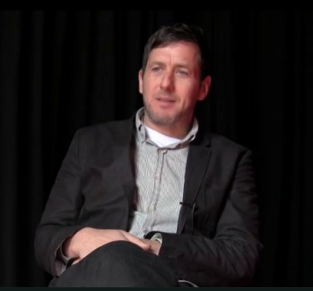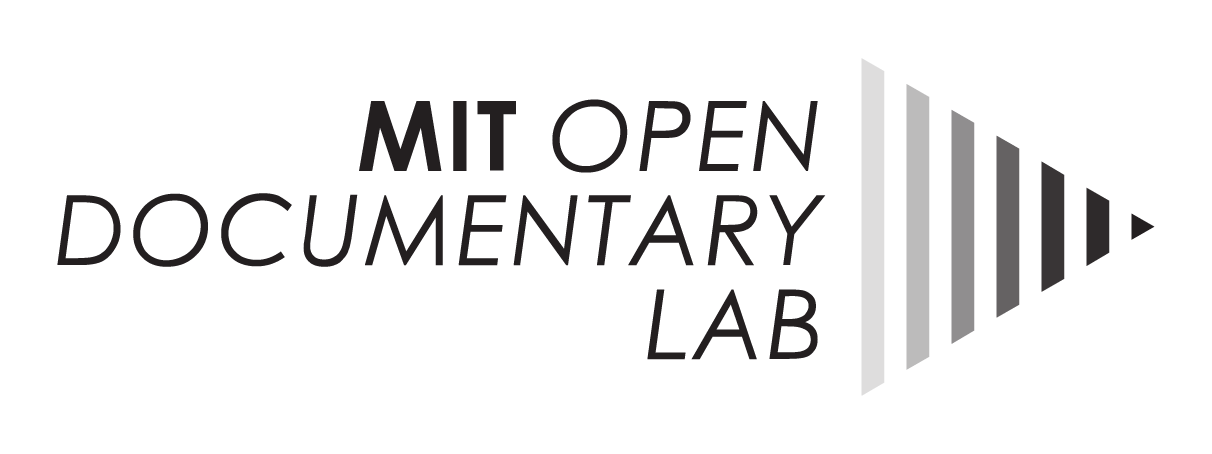
24 Jun Video Interview | Jeremy Mendes Defines Interactive Documentary
OpenDocLab Research Affiliate Arnau Gifreu Castells continues his series of video interviews with leaders in the interactive documentary field with Jeremy Mendes, the Vancouver-based artist behind the NFB interactive documentaries Bear 71 and This Land.
Video Interview | Jeremy Mendes Defines Interactive Documentary
By Arnau Gifreu Castells (PhD)
In this series, we focus on the theoretical part of the study of interactive documentary. We conduct video interviews with leading experts in the field that revolve around six key questions: (1) How would you define interactive documentary? (2) Do you think that interactive documentary, as a form, is a natural evolution of linear documentary? (3) Do you think there has been a change in the logic and dynamics of production, distribution and exhibition? (4) Do you think that the role of the author is threatened in this form? (5) What do you think is a possible business model for interactive documentary? (6) What are your views on the production, research and events organized by countries that are active in this field, in particular Canada and France?
Our next interviewee is Jeremy Mendes, a Vancouver-based artist with over 10 years of experience working on interactive projects. He specializes in art direction, creative direction, design and illustration. He currently works as a freelancer on interactive projects with the National Film Board of Canada. These interactive projects truly capitalize on his extensive experience because they require an understanding of story, culture, art, design and, most importantly, how these elements are conveyed through interactive experiences. In this video interview, Mendes answers our first two questions:
1. How would you define interactive documentary?
2. Do you think that interactive documentary, as a form, is a natural evolution of linear documentary?
[vimeo]http://vimeo.com/67024071[/vimeo]
According to Mendes, the concept of interactive documentary has to do with platforms, as well as with the ability to interrupt and allow the user to become a part of the documentary itself. It is important to consider how the audience participates and meaning this content in a way it’s novel.
[vimeo]http://vimeo.com/67024072[/vimeo]
Mendes argues that documentary is, by its nature, involved in the progression of technology and that technology is currently dictating how content is consumed. Nowadays, audiences get their content on new devices rather than in theatres, so technology is providing more opportunities for the interface.
Arnau Gifreu Castells (PhD)
Research Affiliate, MIT Open Documentary Lab
agifreu AT mit DOT edu



